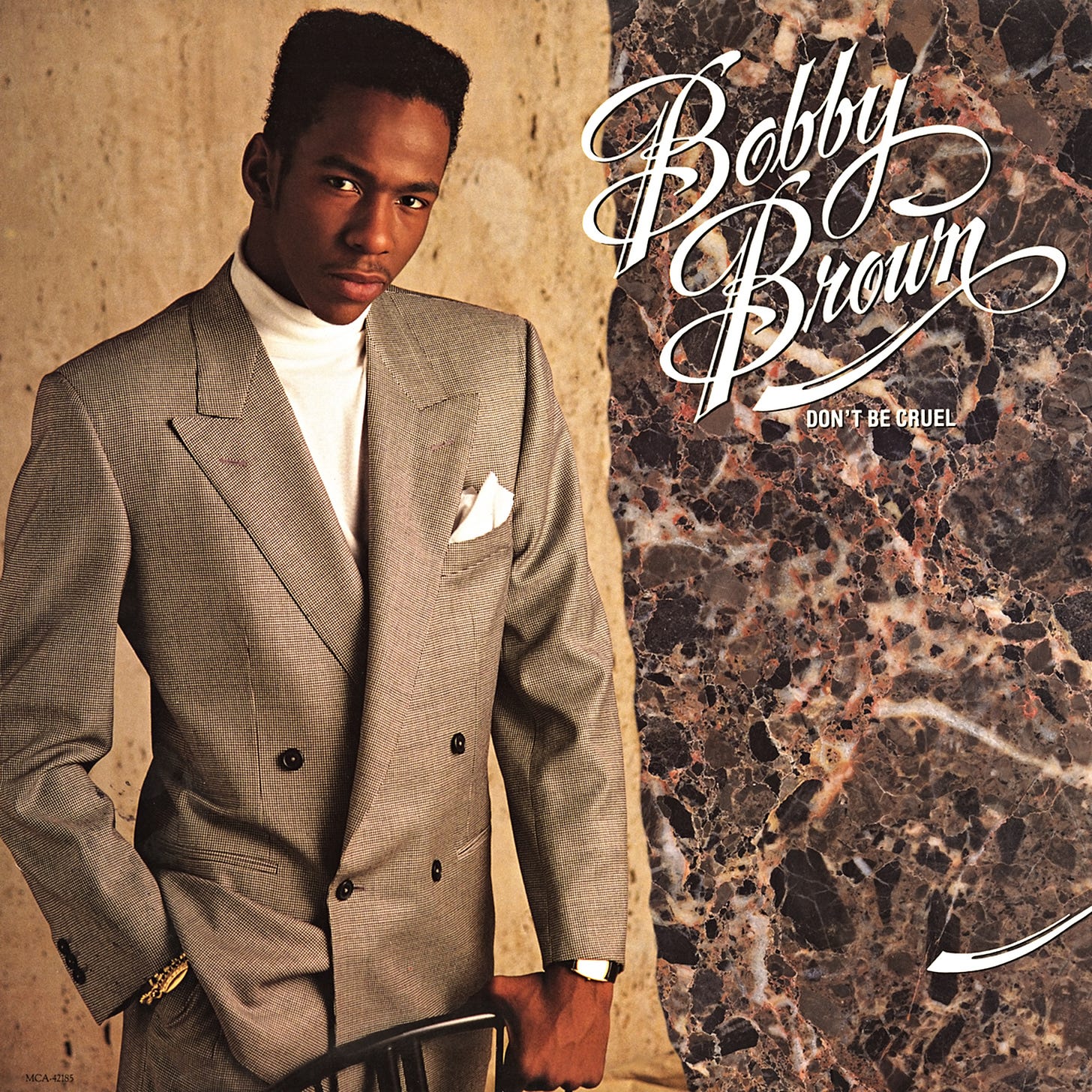The Intriguing Elevation of Bobby Brown: 35 Years of 'Don't Be Cruel'
A detailed review of the making and impact of 'Don't Be Cruel.'
An artist's career trajectory is a peculiar phenomenon, as our initial encounter with their work profoundly shapes our perception. An illustrative case is Bobby Brown. His 1986 solo debut, King of Stage, was less impactful than one might expect, especially down under.
When Brown unleashed his sophomore album, Don't Be Cruel, in 1988 – coincidentally on the same day as New Edition's fifth studio release, Heart Break – I mistakenly assumed this was his first solo venture. Only when Brown toured Australia promoting Don't Be Cruel was I introduced to King album tracks like "Girlfriend" and "You Ain't Been Loved Right." For many, including myself, Don't Be Cruel seemed like Brown's rightful debut, overshadowing the comparatively unremarkable King of Stage.
What sets Don't Be Cruel apart are the infectious tracks, the expert production team led by L.A. Reid and Babyface, and the novel producer Teddy Riley, a New Jack Swing genre pioneer. And then there's Bobby Brown, striking the perfect balance between bravado, cockiness, and seduction throughout the album.
Despite the recording process hampered by Brown's escalating drug dependency, the resulting album effectively compartmentalized the backstage drama. What we received was an R&B record that gracefully straddled the contemporary archetypes set by icons like Michael Jackson and Prince while introducing the budding influence of New Jack Swing.
The album's bookends, the "Cruel" prelude, and reprise, were a product of limited material. However, they had a cinematic quality then, similar to a film's opening and closing credits.
"Don't Be Cruel," the album's first official track, showcases Brown's vocal capabilities – sweet tone and broad range. The added rap element integrated well with the track's core, and it soon had dance enthusiasts hooked. While its near seven-minute runtime tends to wear thin past the five-minute mark due to little variation, it still induces a nostalgia that's hard to resist.
Produced by the then uncredited Teddy Riley, "My Prerogative" stands out. The track, an embodiment of the early New Jack Swing sound, packed quite the punch from the first beat. "My Prerogative" was a landmark for Brown and the burgeoning New Jack Swing movement that would dominate the charts in subsequent years.
Borrowing a phrase from Michael Jackson’s “P.Y.T.,” Babyface concocted a sophisticated, seductive slow jam in “Roni,” allowing Brown to work his charm to the fullest. And while Brown's spoken word/rap section feels slightly uncomfortable, the infraction feels less severe when sung.
From there, the album loses steam with the remaining tracks, falling short compared to the early singles. However, the influence cannot be underestimated. The appeal of the first five songs propelled the album, leading to five Top Ten Singles and over seven million in sales, marking Don’t Be Cruel as a significant milestone for Bobby Brown.
The 1992 follow-up, Bobby, while more harmonious and musically robust, Don't Be Cruel was undeniably Brown's zenith. Even 35 years later, it remains a delightful nostalgic journey. You might find greater satisfaction in revisiting the singles rather than the entire album.


